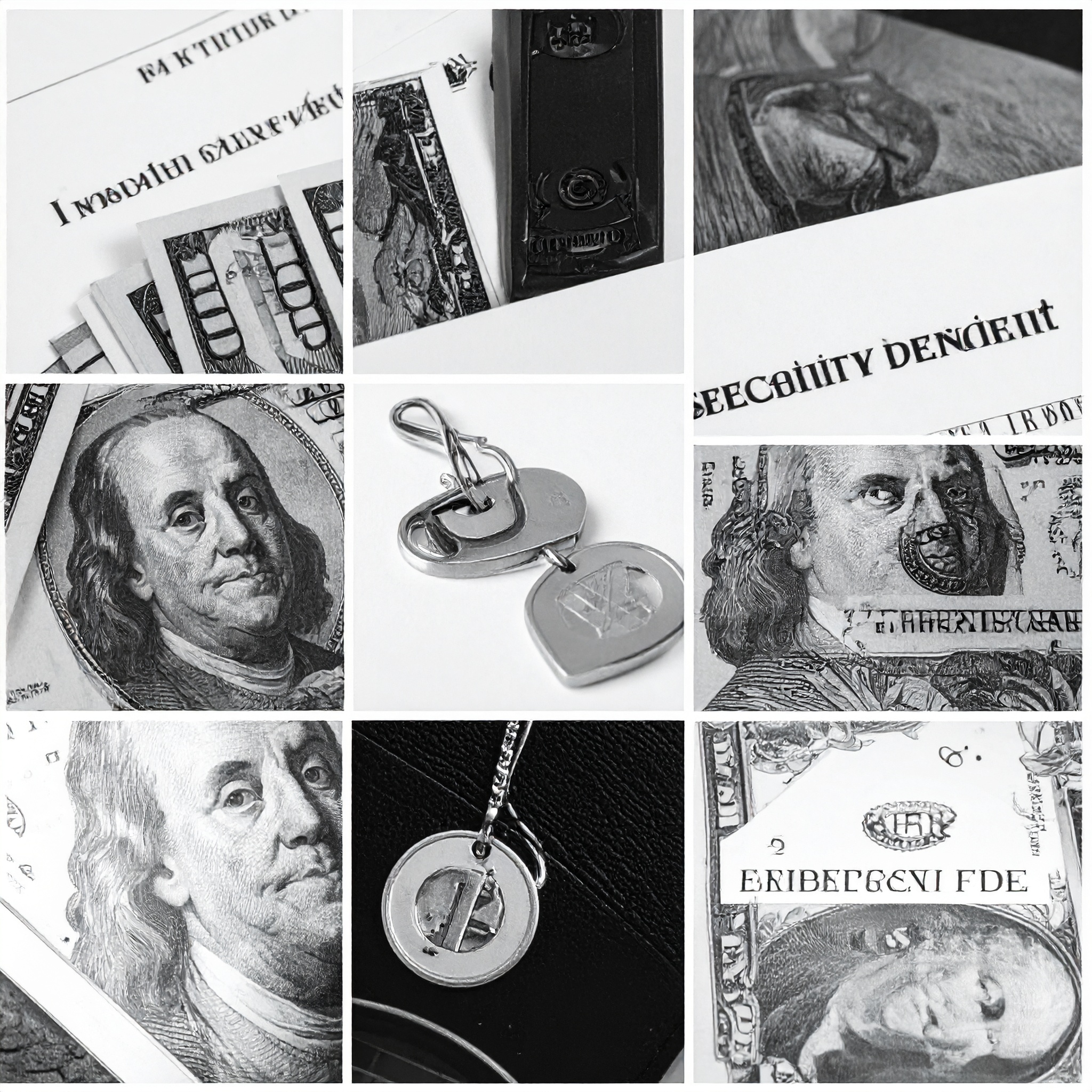“I want to rent an apartment for ¥80,000 a month—so why am I being asked to pay ¥400,000 up front?”
In Japan, renting a property typically involves more than just the monthly rent. Initial move-in costs can often amount to four to six times the rent, making it difficult to secure a lease without sufficient funds at the time of contract signing.
This article provides a clear breakdown of the initial costs associated with leasing a residence in Japan, including what each fee means, how much to expect, and key points to watch for. Whether you’re an international resident or moving out on your own for the first time, this guide will help you understand exactly where your money is going.
1. Main Components of Initial Rental Costs
| Item | Description | Typical Amount (for ¥80,000 rent) |
|---|---|---|
| Security Deposit | A refundable deposit used for repair costs upon move-out | 1 month’s rent (¥80,000) |
| Key Money | A non-refundable gratuity payment to the landlord | 1 month’s rent (¥80,000) |
| Agency Fee | A commission paid to the real estate agency upon contract signing | 1 month’s rent + tax (approx. ¥88,000) |
| Prepaid Rent | Advance payment for the first month’s rent (or prorated portion) | 1 month’s rent (¥80,000) |
| Guarantor Company Fee | Fee for using a guarantor service in lieu of a personal guarantor | 50–100% of rent (¥40,000–¥80,000) |
| Fire Insurance | Two-year policy covering fire, water damage, etc. | ¥15,000–¥20,000 |
| Key Exchange Fee | Cost for changing the door lock for security purposes | ¥15,000–¥20,000 |
| Administrative Fees & Sanitization | Optional or mandatory service fees set by the management company | ¥0–¥20,000 |
Total Estimated Cost: ¥410,000–¥470,000 (based on ¥80,000 rent)
2. Understanding Each Cost
● Security Deposit (Shikikin)
The security deposit is a sum entrusted to the landlord at the beginning of the lease, primarily used to cover cleaning and restoration costs upon move-out.
In principle, any unused portion of this deposit should be refunded. However, the distinction between “normal wear and tear” and “tenant-caused damage” can often be unclear. Therefore, it is essential to carefully review the lease’s restoration clause to understand the conditions for refund.
● Key Money (Reikin)
Key money is a non-refundable gratuity traditionally paid to the landlord, a custom rooted in post-war Japan’s rental practices. While an increasing number of properties now offer “no key money” options, it’s important to note that such listings may have monthly rents set slightly above the market average to compensate.
● Agency Fee
This is a commission paid to the real estate agency facilitating the lease. Under Japan’s Real Estate Brokerage Act, the maximum fee is capped at one month’s rent (plus consumption tax, totaling 1.1 months). Some properties may offer promotional discounts such as “half-fee” or even “no commission” campaigns.
● Guarantor Company Fee
In Japan, tenants are often required to provide a guarantor. For those without one, it is standard practice to use a guarantor company. The initial fee typically ranges from 50% to 100% of the monthly rent, with an annual renewal fee of around ¥10,000.
● Fire Insurance
This insurance not only covers fire but also water damage, explosions, and liability for damages to neighboring units. In some cases, tenants are required to use a specific insurance provider designated by the property. Always confirm the coverage details and provider requirements in advance.

● Key Replacement Fee
For security purposes, it is customary in Japan to change the locks whenever a new tenant moves in. Costs vary depending on the property and the type of key; high-security options such as dimple keys may incur significantly higher fees.
3. Are There Any Costs You Can Save On?
✔ Look for Properties with No Key Money or Security Deposit
A growing number of listings promote “zero upfront cost” rentals, allowing tenants to lease without paying security deposits or key money. However, this may come with higher rent or additional fees at move-out, such as cleaning charges.
✔ Find Agencies Offering Discounted or No Commission
Some large real estate portals and individual agencies run limited-time campaigns offering half-price or even zero commission. Note that popular or high-demand properties are often excluded from these promotions.
✔ Decline Unnecessary Optional Fees
Services like deodorizing, antibacterial coatings, disinfection sprays, or 24-hour support plans are generally optional. If you clearly indicate that you do not require these extras, you may be able to reduce your total cost.
4. Be Mindful of Payment Timing
Initial rental costs are typically required in full, at the time of signing and sealing the lease agreement.
Bank transfers are the standard method of payment in Japan; few real estate agencies currently accept credit cards or offer installment plans.
→ Always confirm the accepted payment methods and due date before signing the lease to avoid any last-minute complications.
5. Initial Rental Costs Typically Range from 4 to 6 Months’ Rent
| Monthly Rent | Estimated Initial Costs |
|---|---|
| ¥60,000 | ¥250,000 – ¥350,000 |
| ¥80,000 | ¥350,000 – ¥450,000 |
| ¥100,000 | ¥450,000 – ¥550,000 |
While actual costs may vary depending on the property, it is wise to secure at least three months’ rent, and ideally up to six months’ worth, to ensure a smooth and stress-free move-in process.
Look at Both the Total and Breakdown of Initial Costs
When trying to reduce initial rental expenses, it’s not just about finding a “cheap” property. It’s essential to understand which components can be reduced and which costs may arise later.
If any items are unclear, don’t hesitate to ask the real estate agency for clarification, and always request a written breakdown of all fees. Signing only after full understanding is the key to beginning your new chapter with peace of mind.




